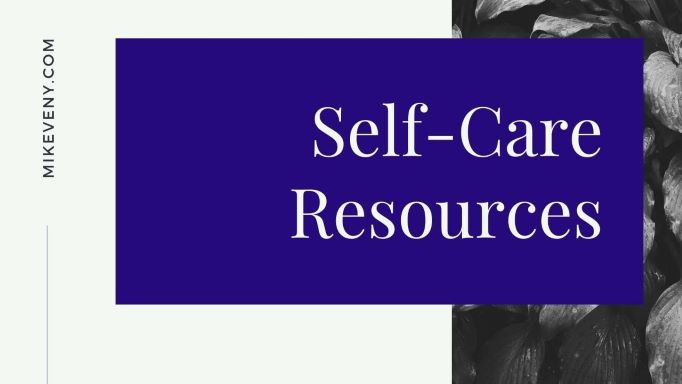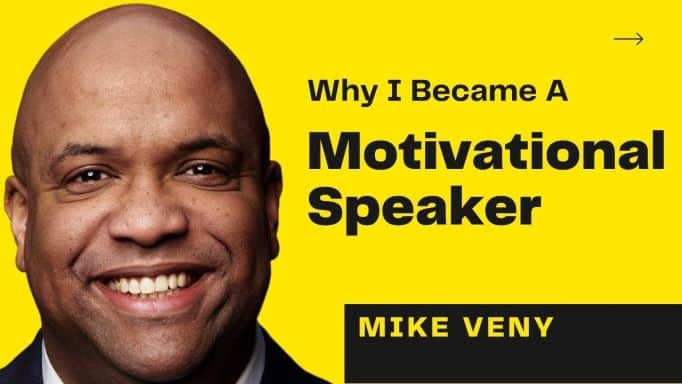
Guest post by Rose Jade.
It is estimated that around 40 million Americans or 18.1% of the population have some form of anxiety disorder. And while anxiety disorders are considered to be very treatable, only about 36.9% of that 40 million have actually received treatment.
A highly complex set of risk factors involving genetics, personality, brain chemistry, and life events cause the development of these anxiety disorders. If you or a loved one has worsening symptoms of anxiety, there are a number of observable and controllable factors that could be triggering this development.
Poor Remote And Hybrid Work Transition and Environment
The rapid and still ongoing digitization of business has resulted in not just uncertainty, but also a lot of stress for workers, managers, and business owners alike. Your readiness for these changes determines whether or not you can deal with the new and challenging stressors that come with the territory, like finding work-life balance while essentially living at work. This can be exacerbated by coworkers who themselves are also processing new stressors, tech limitations, and hybrid schedules. When left unchecked, these stressors can further blur the lines between work and life as well as worsen your anxiety.
This is why Dr. Henry Cloud and John Townsend advise maintaining smart personal boundaries as a way to sustain sound living. In their book called Boundaries, Townsend and Cloud guide readers in their own personal quest to establish smart and healthy boundaries between themselves and anyone they interact with regularly. From family and friends to coworkers and bosses, setting such boundaries can be very helpful while navigating remote, in-person, and hybrid work schedules during this uncertain time. By learning how to say yes and no to the right people and situations, you can establish boundaries and nip work-related stress and anxiety in the bud.
Poor Nutritional and Exercise Habits
There’s a reason why looking after your body is at the top of our 4 Tenets of Self-Care. While better physical health alone is often not enough to properly treat and manage anxiety, it can certainly help you move in the right direction in terms of your mental health. Considering that the world is facing a still-evolving global viral pandemic, there’s a lot of anxiety triggers that can be better managed by simply eating better, exercising more regularly, and strengthening one’s immunity. Moreover, simply taking care of yourself increases your ability to look after yourself.
By committing to better nutritional and exercise habits, you’re arming yourself with the right tools to combat anxiety. That being said, don’t stress yourself by chasing impossible health goals. Instead, simply seek to eat better and regularly exercise – at a pace that you can sustain over the long term.
Poor Budgeting and Basic Money Management
According to the American Psychological Association (APA), money is one of the greatest stressors in the world. In fact, the APA’s latest stress survey reveals that 72% of Americans consider money matters as some of the main causes of stress. Your ability to budget your money according to your income, needs, and goals will determine whether or not you will be stressed or anxious about money for the foreseeable future.
Nowadays, there’s no shortage of apps that can help you straighten out your daily, weekly, monthly, or even yearly budget. Mint’s budgeting insights and savings goals for instance are simple tools that can go a long way towards keeping your budget in check. By learning about and applying basic money management to your life, you can prevent tons of near-future financial stressors.
Poor Debt and Loan Management
When the pandemic hit, many turned to loans and took on debt to make ends meet. As of April 2021, American consumer debt reached a total of $4.2 trillion. This has resulted in a lot of stress for the millions of people having trouble with either understanding loan terms or managing debt. Thankfully, there are various online resources dedicated to helping consumers understand how these concepts work.
Apart from providing a preview of monthly payments based on different loan rates and terms, Marcus’ personal loan calculator also defines factors like the average percentage rate (APR) and how it affects the way loans are paid. In general, getting a lower APR means that you’re paying less for the loan. But it may also entail shortening your time to pay it off, thereby contributing to immediate stress. Learning to balance these and other crucial loan elements can help you to decrease and better manage debt-related anxieties.
It’s not uncommon to experience anxiety in the time of COVID. And if you can identify your anxiety triggers, you can use the aforementioned tips to manage or even eliminate them completely.




